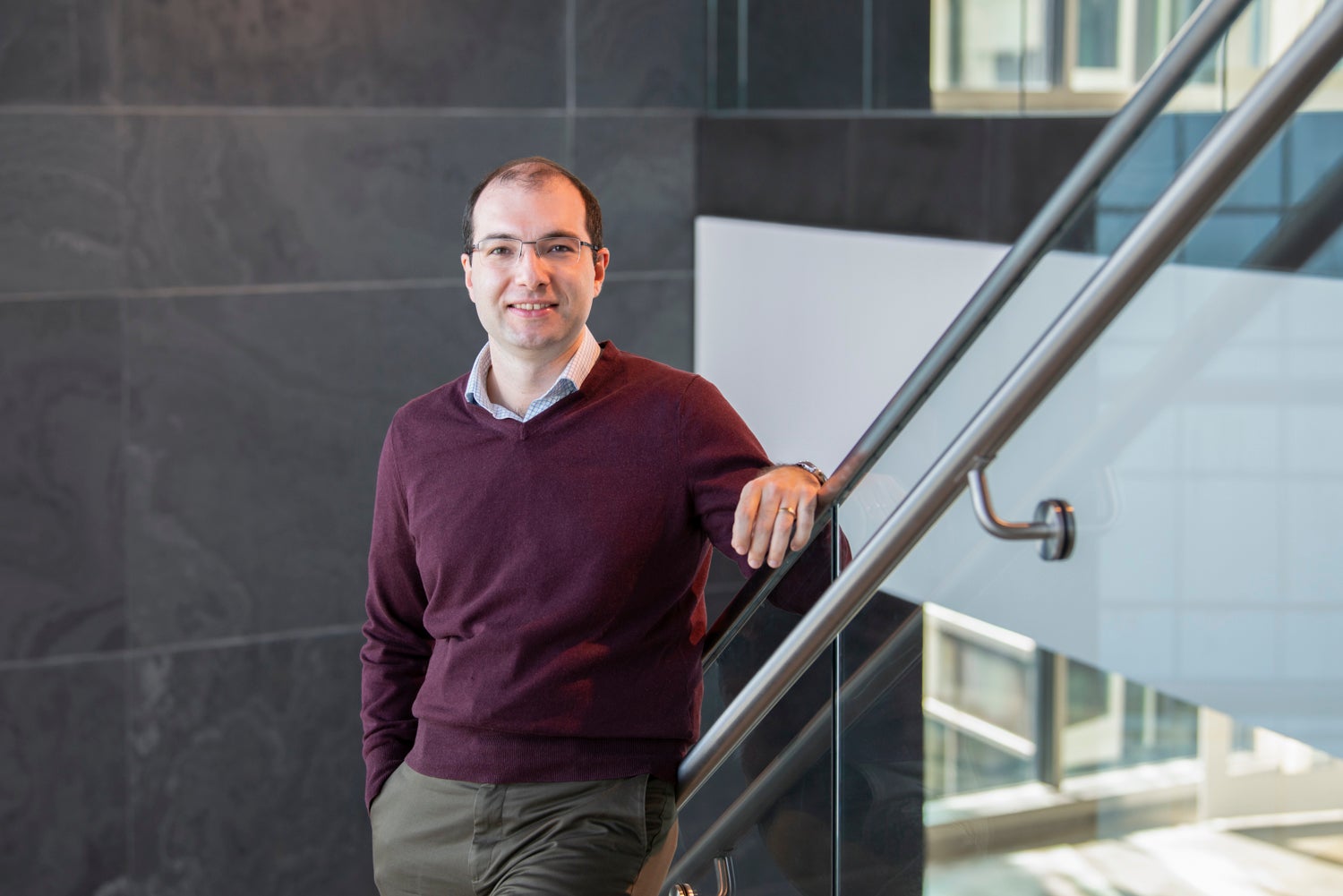
We want to understand the brain as a computing machine by uncovering its algorithms and their implementation at the network and cellular levels. But how can we infer what and how the brain computes from the large datasets of modern neuroscience? For that, we need “algorithmic” theories that bridge computation and its biological realization. We develop such theories, while frequently collaborating with experimentalists to ask and answer related questions.
One problem we are thinking about is how the brain processes and learns from its sensory inputs. What are the algorithms involved in this process? What problems are these algorithms solving? How does the brain’s hardware compute these algorithms? Such questions are what we explore. Other interests include reinforcement learning of motor skills and decision making.
Understanding the brain’s algorithms will naturally lead to better artificial intelligence, and we pursue such engineering applications of our work. We are also interested in neuromorphic computing. We use lessons from studying the brain to build efficient algorithms designed to run on neuromorphic hardware
